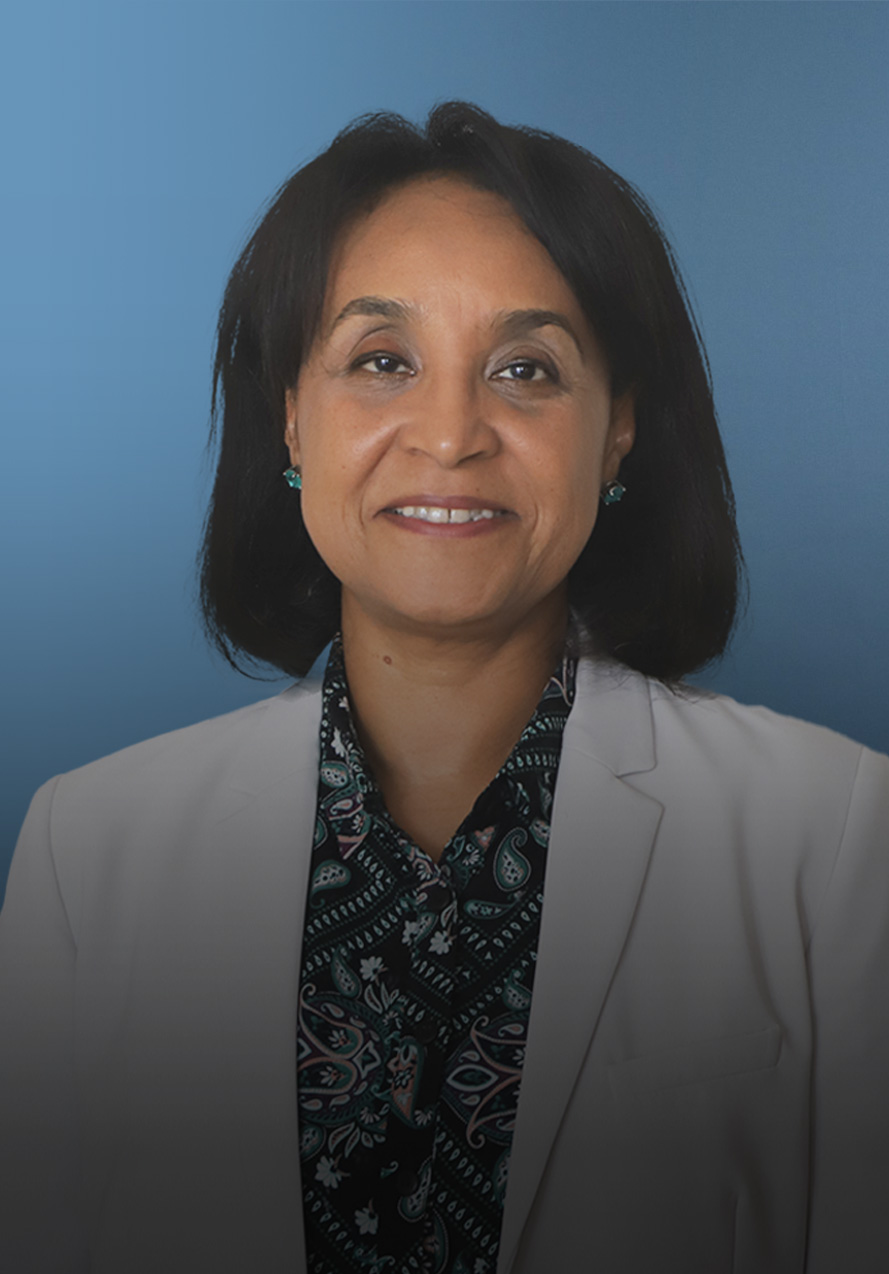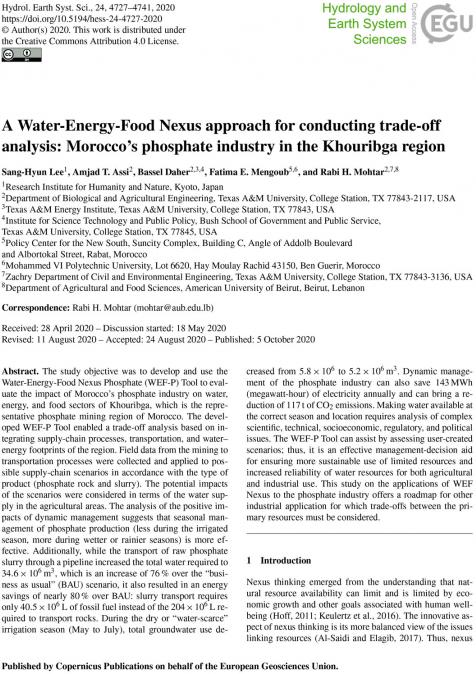انطلقت دول وتكتّلات جهوية كثيرة في تطوير قطاع الهيدروجين الأخضر، معتبرة إياه مورد أساسي لتلبية الطلب الدولي للطاقة في المستقبل، حيث يفرض تغير المناخ البحث عن بدائل للنفط والغاز الطبيعي والفحم المهيمنين حاليا ومنذ بداية العصر الصناعي على الاستهلاك العالمي للطاقة. فتم الاعلان عن استراتيجيات ومشاريع عديدة في دول مختلفة وفي الجنوب العالمي بالتحديد لتزويد نفسها وشركائها من الدول الصناعية بالهيدروجين الاخضر. الّا ان لا يزال المشهد ضبابيا، بحيث ان الاعلانات لا تدل دائما على تقدمات فعلية في الميدان. فالإشكال الذي يطرح نفسه هو واقعية التصريحات والاعلانات، او ما هي التحديات الاقتصادية، ومنها التقنية والصناعية، التي يجب للسلطات والشركات الخاصة معا ان ترفعها للتموضع في السوق الدولية؟












